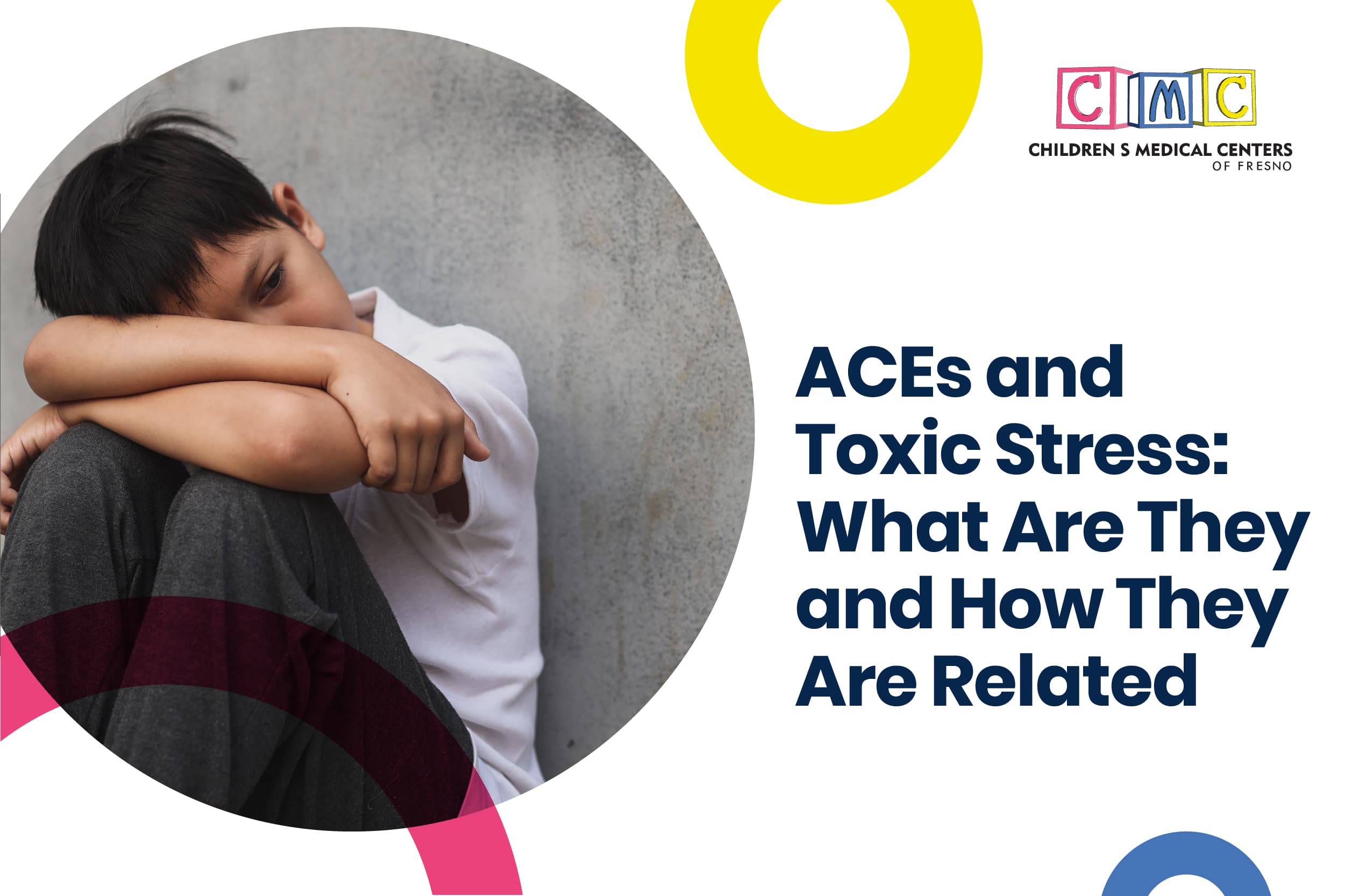
Children’s health and well-being depend on having stable, healthy, nurturing relationships and environments. However, many children lack such relationships or are in environments that promote them. These experiences place them at risk for adverse childhood experiences (ACEs), potentially leading to immediate and long-term negative effects.
Our article will describe what adverse childhood experiences are, how they affect children, and ways to address them.
According to Centers for Disease Control and Prevention (CDC) data, ACEs are becoming more prevalent among US citizens. 1 in 6 adults experienced four or more ACEs, and at least 5 of the top 10 leading causes of death are linked with ACEs. Even worse, it affects 34.8 million children.
Adverse childhood experiences, or in short, ACEs, are potentially traumatizing, preventable events that occur during childhood (0-18 years) due to neglect, seeing or experiencing violence, or having a family member attempt/commit suicide. Additionally, it includes facets of a child’s environment that may erode their sense of stability, bonding, and safety, including alcohol or drug abuse in the household; mental health issues; and parental separation or imprisonment of a parent and relatives. Nevertheless, this list does not encompass all childhood adversities. There are other potential traumas such as bullying, racism, and losing a parent.
Our bodies have three types of stress responses: positive, tolerable, and toxic. Positive stress is a normal and vital part of human development, caused by brief spikes in heartbeat and hormone levels. Tolerable stress results from difficulties that persist for longer periods, like losing a loved one, a natural disaster, or suffering a severe injury.
On the other hand, toxic stress happens due to exposure to high levels of adversity at critical stages of a child’s development. Without adequate and proper interventions, this can lead to a toxic stress response from ACEs. Without supportive adults, dealing with many adverse childhood experiences, violence and racism can lead to toxic stress. The effects of stress on child development can cause long-term damage to the body and brain.
Toxic stress, ACEs, and brain development have deep connections. It can alter your child’s brain anatomy, brain chemistry, and even gene expression. Stress weakens the building blocks of the developing brain, causing long-term issues with learning, behavior, and physical health.
ACEs and toxic stress may increase children’s risk of ACE-associated health conditions. People with six or more ACEs have a 19 years shorter life expectancy than those without any.
Behavioral issues are more likely to develop in children who experience ACEs. Furthermore, they may also have trouble controlling their emotions in challenging situations. Some of the consequences include:
Another impact of ACEs and toxic stress is on a child’s socio-economic status as an adult—education, employment, and income fall under this category. As a whole, these outcomes provide insight into overall life chances. Those with adverse childhood experiences without getting the buffer or protection from stress have lower opportunities for good education, high-paying jobs, and decent living conditions.
Fortunately, there are effective ways to deal with toxic stress. Several studies show that early detection and intervention improve outcomes in toxic stress cases. By preventing ACEs, children can have a chance to thrive and achieve their full potential. Here are different interventions for addressing ACEs.
ACEs screening has been successfully incorporated into pediatric primary care. Regular screenings for children can maximize their chances of preventing, detecting, and intervening early signs of toxic stress and trauma. Above all, doing these at early childhood and addressing the risks of toxic stress objectively at all levels will improve the overall health and well-being of individuals and families.
Raise awareness of ACEs to understand them better and what might be done to prevent them. From there, the emphasis can shift to community-based solutions. These can help promote healthy, secure, nurturing relationships where children can flourish in the best way possible. Moreover, it can also reduce stigma surrounding parenting challenges, addictions, depression, and suicidal thoughts.
Another critical level of intervention happens in the community and the state itself. They must:
Resilience refers to one’s ability to deal well with stressful situations, traumas, tragedies, threats, or significant sources of stress. Resilient children can cope with stress, anxiety, and uncertainty. Here are seven key ideas to help develop and nurture resilience in children.
Together, let’s help all children achieve their full potential by creating an environment where they can thrive. We are more than happy to answer any questions you may have about ACEs. Our team at CMC Fresno will be happy to assist you in taking care of your child’s health and well-being! Call us or schedule an appointment online.